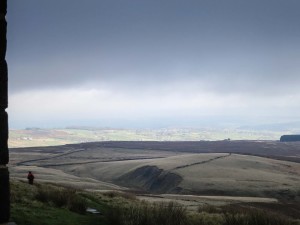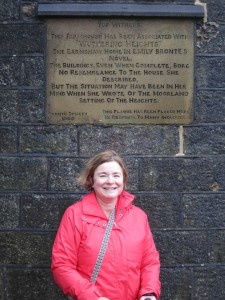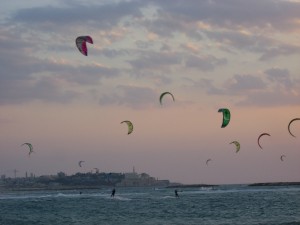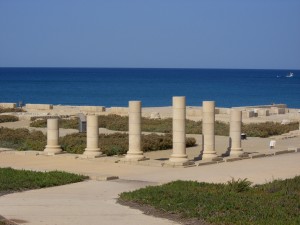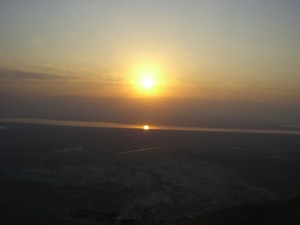I wasn’t sure I wanted to read The Four Winds. The Great Alone was such an incredible novel, and I thought, how can she top it? That might be impossible, after all. Still, I couldn’t resist. The subject matter was compelling: the struggles of a family during the Dust Bowl.
The story centers around Elsa Wolcott, whose early life was defined by an illness and, in her family’s opinion, a lack of attractiveness. Expected to live at home and tend to her parents in their later years, Elsa had different ideas. Readers will find a young woman defined by both a deep sense of inadequacy and an innate wildness that will give her strength to endure tremendous hardship, though she won’t recognize the latter in herself for some time.
As in The Grapes of Wrath, Elsa will find herself migrating to California with her children to escape the Dust Bowl, where instead of finding milk and honey, she finds more hardship and bigotry. Californians weren’t impressed with the increasing numbers of migrants seeking work, so not only is work limited, but the pay continues to drop.
Hannah describes the conditions in excruciating detail. As someone who just finished writing a historical novel, I was impressed with her ability to take us there, not just as observers, but to help us truly feel the suffering and hardship of these difficult times.
In this painful reality, Elsa finds her inner strength, and that is the real beauty of this story. She is a reminder of the lengths most women will go to for their families, especially their children. I think I cried more during the small happy moments and the occasional humanity than the most difficult times.
I found the beginning a bit slow, and it felt as if the parents and future husband could have been more nuanced. Elsa seemed a bit like Cinderella, and the family a bit too much like the wicked stepmother and stepsisters. However, this part of the story was necessary to set up Elsa’s worldview, so I can forgive it. Elsa, Lareda, and Elsa’s in-laws are far more developed and interesting, and the story really picks up when Elsa leaves home.
The Four Winds is, sadly, too relevant for our times. The treatment of migrants, the inequality, the sense of endlessness of the Depression…all of these are visible now. In addition, the environmental crisis of the time, the Dust Bowl, is a sad reminder of what happens when we don’t care for our planet, and we see that in our current climate crisis. What is astounding to me is how long these travails went on…we are a year into a pandemic and going bonkers, while the main part of this story spans six years. How our fellow Americans endured this is beyond me.
Some reviewers have complained about the “political agenda” of the book, particularly the role of Communists in trying to organize the workforce. Yet what was she supposed to do, write them out of history? They were there, and they were trying to help. I did not see Hannah as “advocating for Communism,” as some reviewers believe. In fact, she uses Elsa to voice deep concerns and reservations about the philosophy. At the same time, by respecting their role in seeking better working conditions for the migrants, she reminds us that people are far more complex than Twitter would have us believe.
I highly recommend The Four Winds, and hell, anything else Kristin Hannah writes.

